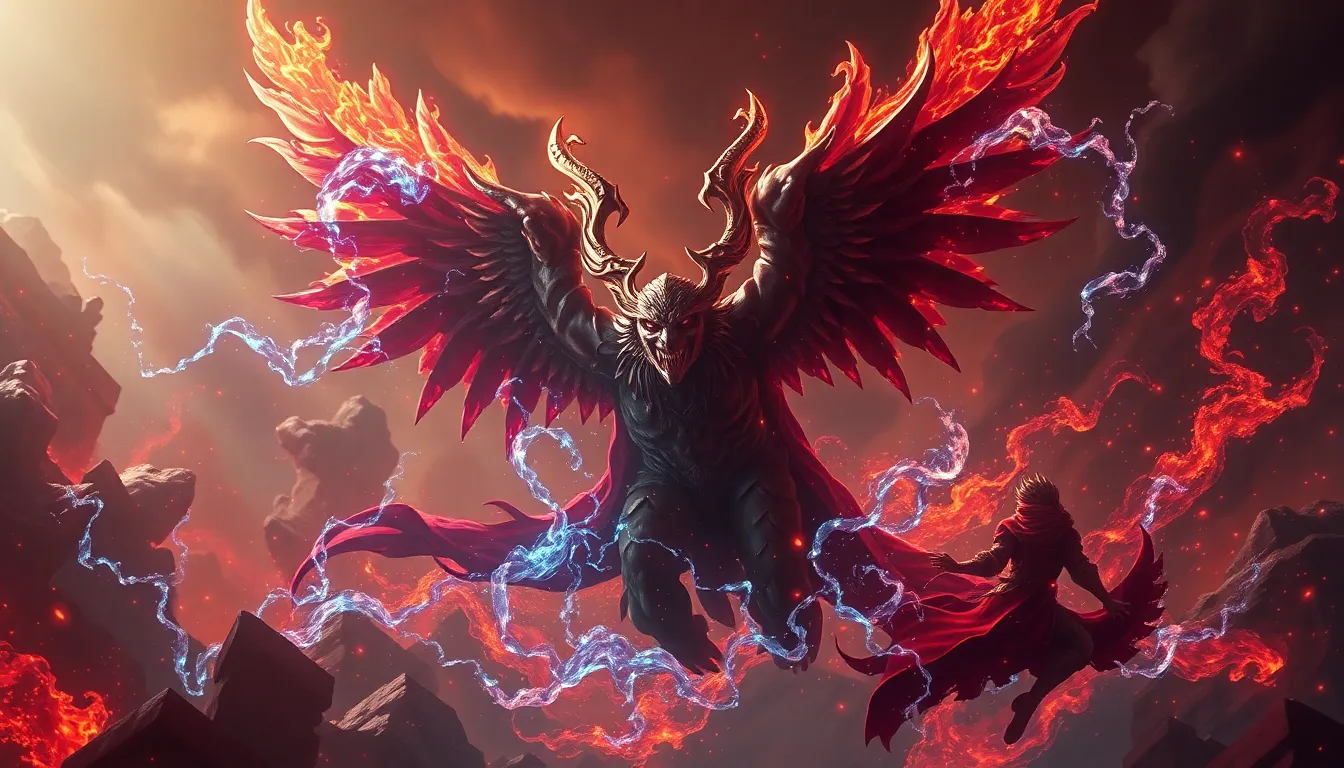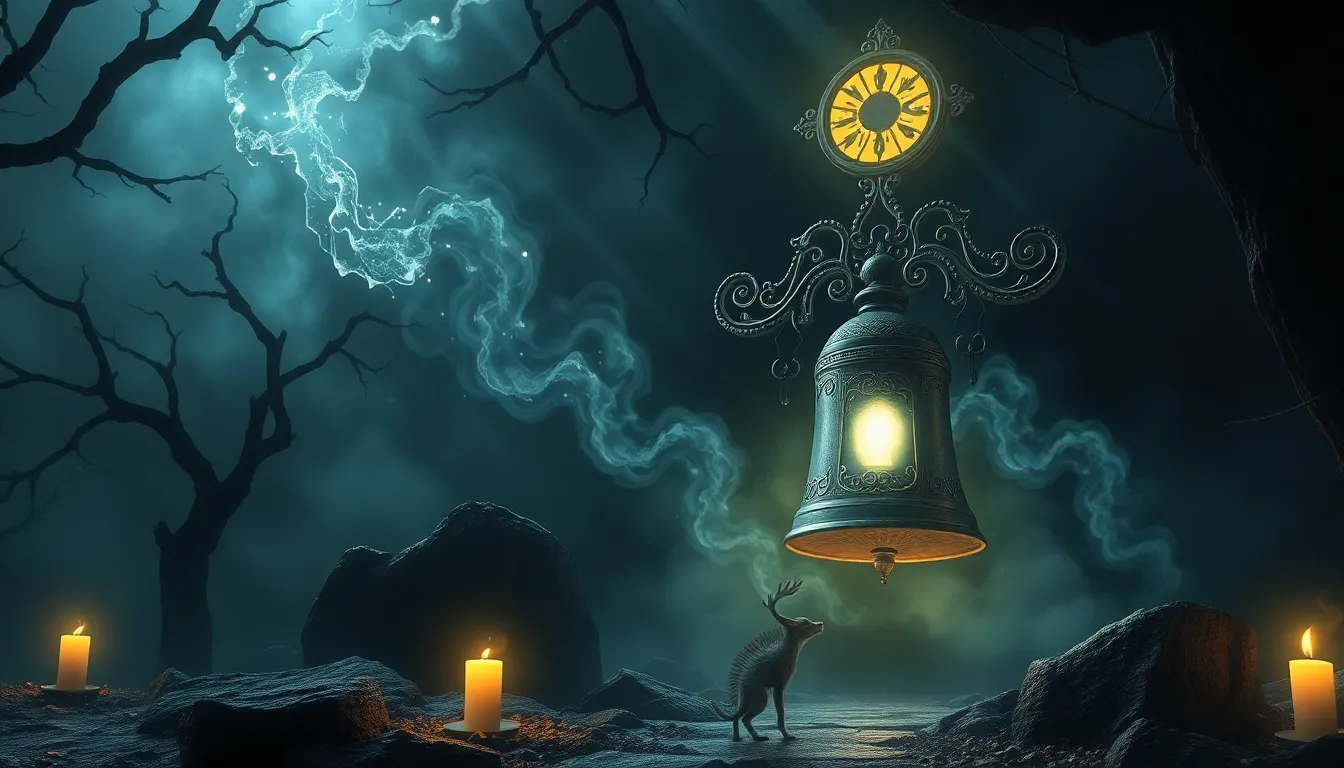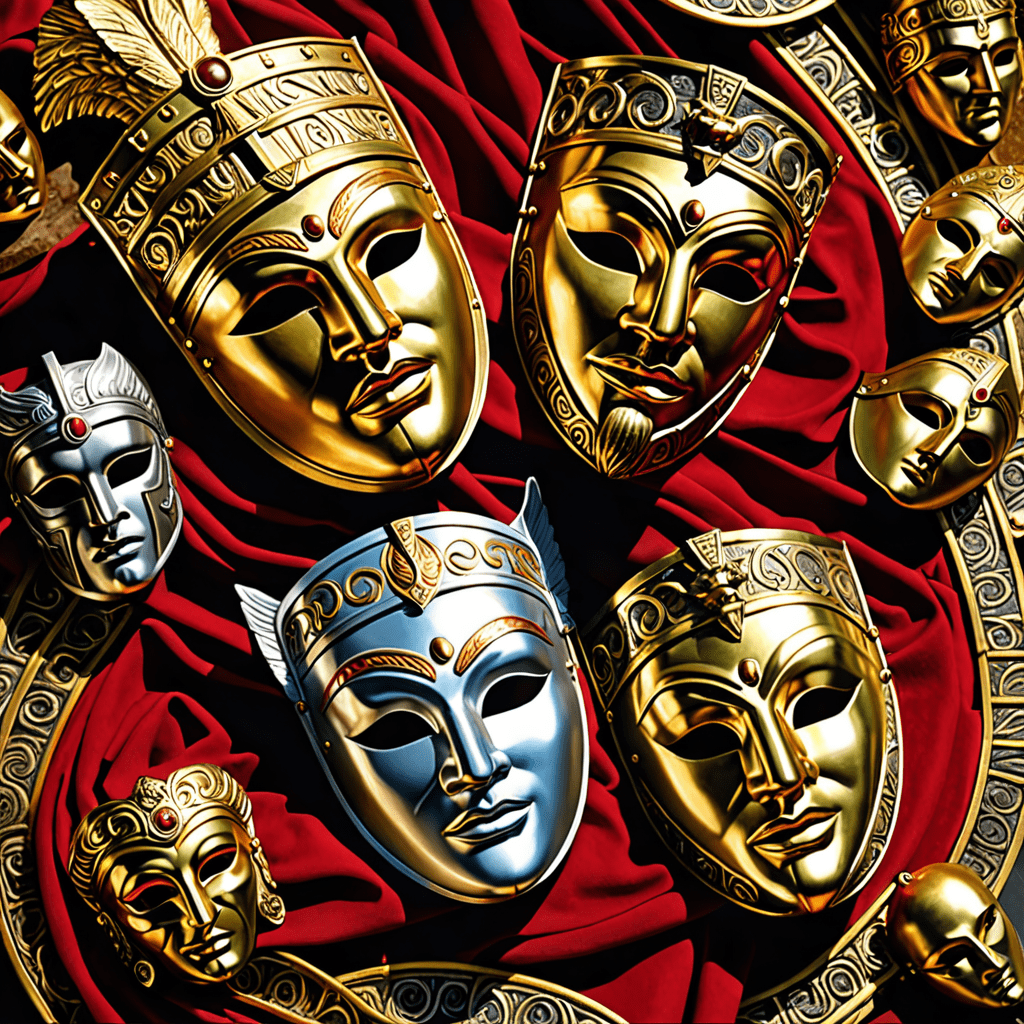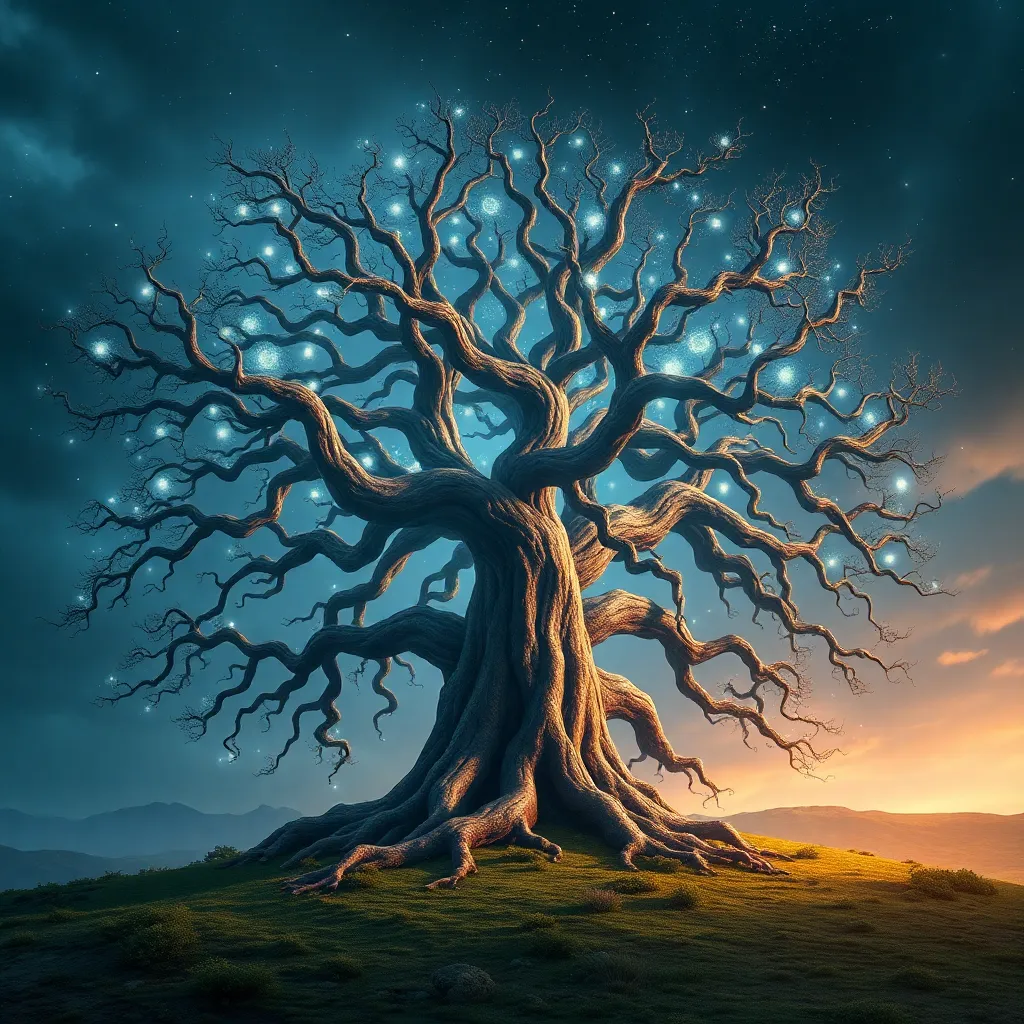Cultural Heroes: The Myths That Inspire Generational Change
1. Introduction to Cultural Heroes
Cultural heroes are individuals who embody the values, aspirations, and struggles of a society, often becoming symbols of hope and resilience. These figures, whether real or mythologized, play a crucial role in shaping societal values and inspiring subsequent generations. Through their stories, they illuminate the paths of courage, sacrifice, and perseverance, encouraging others to strive for change and progress.
Myths surrounding cultural heroes serve as powerful tools for instilling values and motivating individuals to take action. By examining the narratives of these heroes, we can understand how they inspire generational change and contribute to the evolution of cultural norms.
2. The Role of Myths in Culture
Myths are traditional stories that explain natural or social phenomena, often featuring gods, heroes, and supernatural events. They serve several functions in society, including:
- Providing explanations for the unknown
- Fostering a sense of identity and belonging
- Instilling moral values and cultural norms
- Preserving historical narratives
Throughout history, myths have appeared in various forms across cultures, from ancient Greek mythology to Native American folklore. The power of storytelling lies in its ability to resonate with individuals on a personal level, fostering a shared identity and a collective understanding of societal values.
3. Characteristics of Cultural Heroes
Cultural heroes often share common traits that make them relatable and aspirational figures. These characteristics include:
- Bravery: The willingness to confront danger or adversity.
- Sacrifice: Putting the needs of others before oneself.
- Resilience: The ability to recover from setbacks and continue fighting for a cause.
While historical figures can be considered cultural heroes, mythological heroes often transcend time and reality, embodying ideals that resonate with people across generations. Examples of cultural heroes include:
- Hercules from Greek mythology
- Nelson Mandela from South Africa
- Harriet Tubman from American history
4. Case Studies of Influential Cultural Heroes
Several cultural heroes have significantly impacted their communities and beyond. These individuals not only faced tremendous personal challenges but also sparked movements that led to lasting change.
Nelson Mandela
As a leader in the fight against apartheid in South Africa, Mandela’s sacrifice and resilience paved the way for a new era of equality. His story has been mythologized, symbolizing the struggle for justice and human rights.
Malala Yousafzai
Malala’s advocacy for girls’ education in Pakistan, despite facing life-threatening violence, exemplifies bravery and determination. Her journey from a young girl with a dream to a global icon for education has inspired countless individuals worldwide.
Martin Luther King Jr.
King’s leadership during the Civil Rights Movement in the United States has made him a revered cultural hero. His commitment to nonviolent protest and equality has left an indelible mark on American society.
5. The Mechanisms of Inspiration
The psychological aspects of hero worship can significantly influence individuals. When people identify with cultural heroes, they often find motivation to act, pursue their dreams, or join movements. The stories of these heroes can mobilize communities and inspire collective action.
The media plays a crucial role in amplifying the narratives of cultural heroes. Whether through books, films, or social media, the dissemination of these stories can reach vast audiences, fostering a sense of connection and inspiring others to follow in their footsteps.
6. The Interplay Between Heroes and Generational Change
As myths evolve with each generation, cultural heroes adapt to reflect contemporary issues and values. The influence of these figures on youth is profound, shaping their aspirations and ideals. For instance, the rise of social media has allowed new heroes to emerge, representing causes that resonate with younger generations.
Case studies of generations inspired by cultural heroes include:
- The Baby Boomers and their admiration for figures like Martin Luther King Jr.
- Generation X’s embrace of environmental activists like Greta Thunberg.
- Millennials and Gen Z’s engagement with cultural heroes in social justice movements.
7. Critiques of Cultural Hero Narratives
While cultural heroes often inspire, there are potential pitfalls in idolizing them. The concept of ‘toxic heroism’ can emerge when the ideals of heroism overshadow the complexities of individual narratives. This can lead to unrealistic expectations and can ignore the contributions of collective movements.
Additionally, there are alternative narratives that highlight unsung heroes and the importance of community efforts in enacting change. Recognizing these collective movements can provide a more nuanced understanding of how change occurs in society.
8. The Future of Cultural Heroes
As we move further into the 21st century, new cultural heroes are emerging, often shaped by the digital age. Technology and social media have transformed how we share and engage with hero narratives, allowing for a more diverse range of voices to be heard.
Predictions for the future include:
- Increased representation of cultural heroes from varied backgrounds.
- The rise of heroes advocating for climate action and social justice.
- New storytelling formats that engage younger audiences and foster critical thinking.
9. Practical Applications: Learning from Cultural Heroes
Educators and leaders can leverage the stories of cultural heroes to inspire and empower communities. Practical strategies include:
- Incorporating narratives of cultural heroes into educational curricula.
- Encouraging community discussions about heroism and values.
- Promoting critical thinking about the narratives surrounding these figures.
10. Conclusion: The Enduring Power of Myths and Heroes
The significance of cultural heroes in shaping societies cannot be overstated. Their stories serve as enduring symbols of hope, resilience, and the potential for change. As myths continue to evolve, cultural heroes will remain vital in inspiring future generations to strive for a better world.



